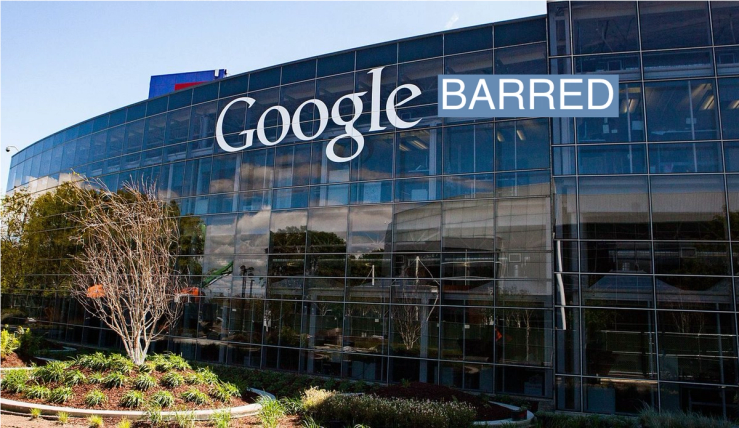
Semafor Signals
Google’s plan to quash AI-generated election misinformation
Insights from MIT Technology Review, The New Yorker, and NPR

The News
Google said it will restrict the types of election-related queries its artificial-intelligence powered chatbot Bard will answer. The move comes as tech companies prepare for a slew of key elections next year in the U.S., India, Taiwan, and other places.
In a bid to prevent AI-powered misinformation from spreading, Google will also require election advertisers and YouTubers to disclose whether their content has been generated using AI.
SIGNALS
Most US adults are worried about AI-generated fake news
Nearly six in 10 U.S. adults are worried that AI will amplify misinformation in the country’s upcoming presidential election, an AP poll indicated. “The 2024 elections are going to be a mess” because of AI-powered fake news, former Google CEO Eric Schmidt warned. Generative AI has been used to create disinformation campaigns in at least 16 countries in 2023, according to a Freedom House report. AI chatbots also have a tendency to spout falsehoods, which could exacerbate the problem as tech giants race to integrate generative AI into their search engines. Microsoft Bing’s chatbot gave false information 30% of the time when asked about recent elections in Germany and Switzerland, The Washington Post reported.
The jury is out on AI’s ultimate sway on elections
Not everyone agrees that AI poses a threat to elections. Conspiracy theories and doctored images have long proliferated without AI, a New Yorker writer noted. And an AI-turbocharged disinformation deluge has so far yet to emerge, a media forensics expert told the magazine. Most internet users also choose not to interact with misinformation online, researchers argued, and that dynamic is unlikely to change even with a potential explosion of AI-generated misinformation.
Companies crack down on AI advertisements
Google isn’t the only tech giant seeking to limit AI’s potential impact on elections. Facebook’s owner Meta recently said it would bar political campaigns and advertisers from using its generative AI products in adverts. Snapchat blocks political ads in its AI chatbot, and reviews political ads for misleading uses of AI. Even so, generative AI will allow political campaigns and propagandists alike to individualize their messaging at a scale previously unimaginable, NPR reported.

